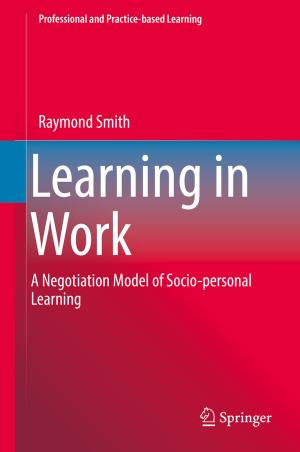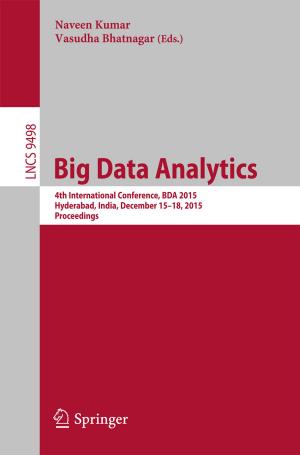Environmental Migration and Social Inequality
Nonfiction, Science & Nature, Science, Biological Sciences, Environmental Science, Nature| Author: | ISBN: | 9783319257969 | |
| Publisher: | Springer International Publishing | Publication: | December 16, 2015 |
| Imprint: | Springer | Language: | English |
| Author: | |
| ISBN: | 9783319257969 |
| Publisher: | Springer International Publishing |
| Publication: | December 16, 2015 |
| Imprint: | Springer |
| Language: | English |
This book presents contributions from leading international scholars on how environmental migration is both a cause and an outcome of social and economic inequality. It describes recent theoretical, methodological, empirical, and legal developments in the dynamic field of environmental migration research, and includes original research on environmental migration in Bangladesh, Burkina Faso, China, Ghana, Haiti, Mexico, and Turkey. The authors consider the implications of sea level rise for small island states and discuss translocality, gender relations, social remittances, and other concepts important for understanding how vulnerability to environmental change leads to mobility, migration, and the creation of immobile, trapped populations. Reflecting leading-edge developments, this book appeals to advanced undergraduate and graduate students, researchers, and policymakers.
This book presents contributions from leading international scholars on how environmental migration is both a cause and an outcome of social and economic inequality. It describes recent theoretical, methodological, empirical, and legal developments in the dynamic field of environmental migration research, and includes original research on environmental migration in Bangladesh, Burkina Faso, China, Ghana, Haiti, Mexico, and Turkey. The authors consider the implications of sea level rise for small island states and discuss translocality, gender relations, social remittances, and other concepts important for understanding how vulnerability to environmental change leads to mobility, migration, and the creation of immobile, trapped populations. Reflecting leading-edge developments, this book appeals to advanced undergraduate and graduate students, researchers, and policymakers.















